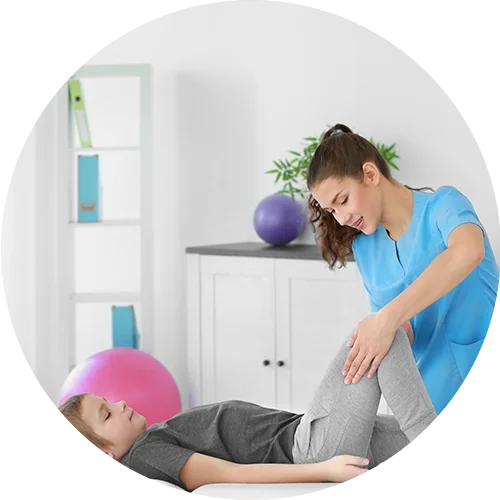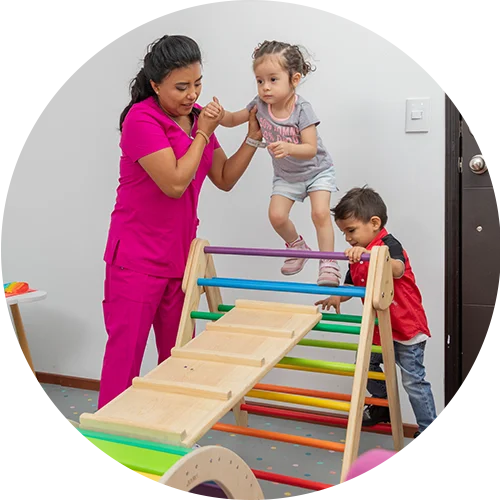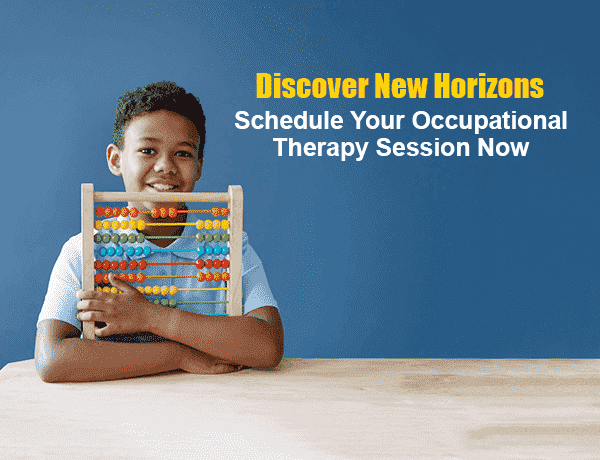Occupational Therapy Hutto
Looking for the Occupational Therapists “Near Me” in Hutto? We’re Here – Near You & For You! Empower Therapy’s Occupational Therapy Services Hutto for Better Communiation, Coordination, Self-Care and developmental play!

info@empowertherapy.com
(512) - 661- 4387
(512) - 677- 9339
(512) - 717- 5553



Standardized assessment tests, skilled observations, questionnaires, and interviews with parents or caregivers play a crucial role in the initial evaluation and ongoing assessment of individuals. These tools help occupational therapy gain a comprehensive understanding of the individual’s strengths, difficulties, sensory differences, motor skills, cognitive abilities, and social-emotional functioning. This information forms the foundation for developing personalized intervention plans. Once the assessment is complete, the occupational therapy establishes baseline goals, which are reviewed with the caregivers and Guardians. These goals typically focus on areas such as sensory processing, fine or gross motor movement, daily self-care, social interactions, play quality, emotional regulation, role balance, and academic concerns.
Occupational therapy services help you to perform activities like:














Contact Our Support Office